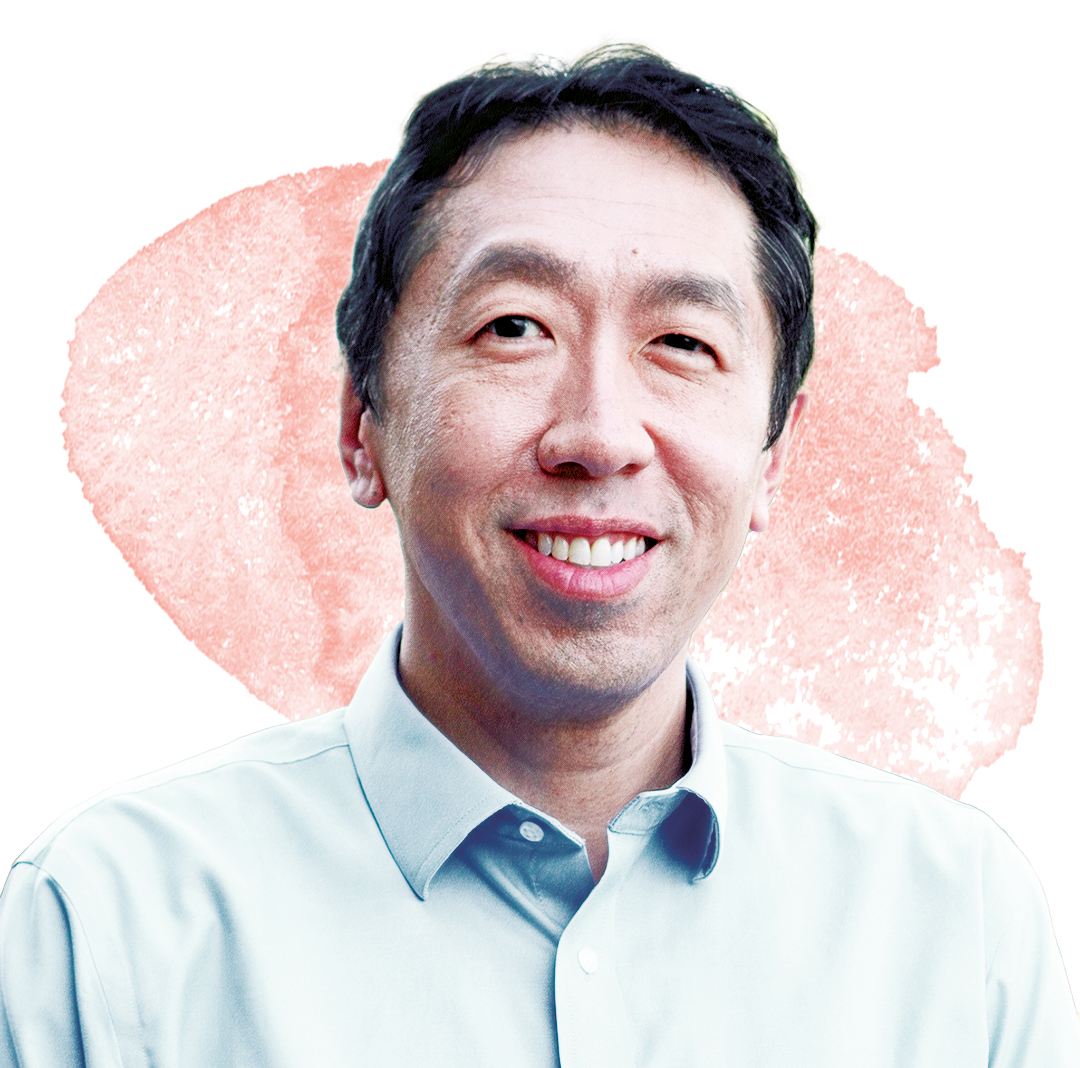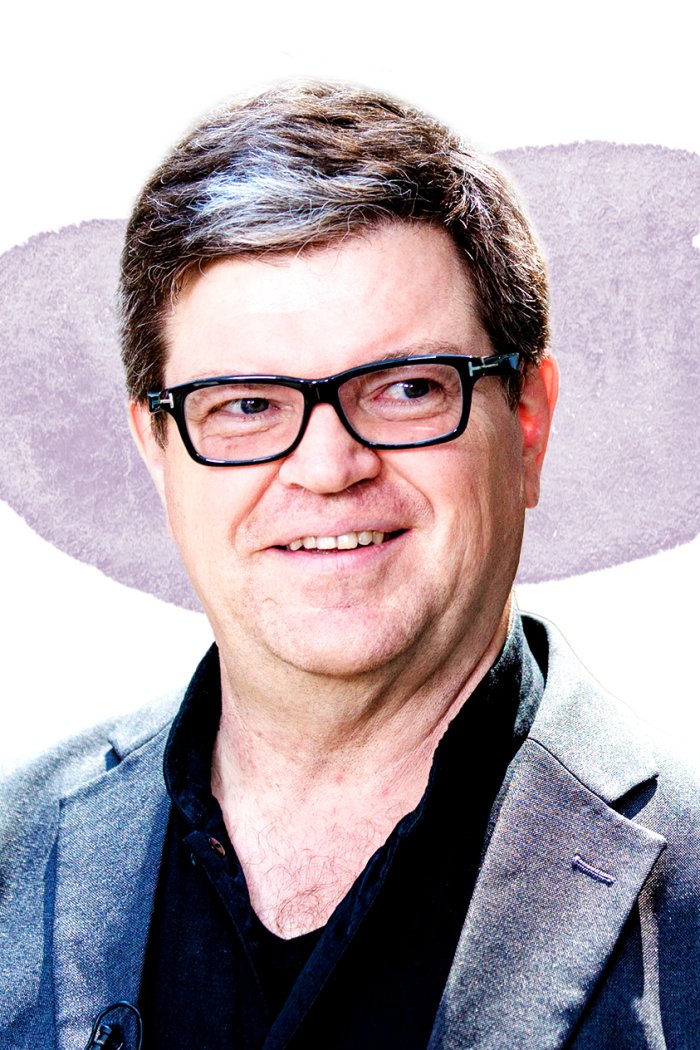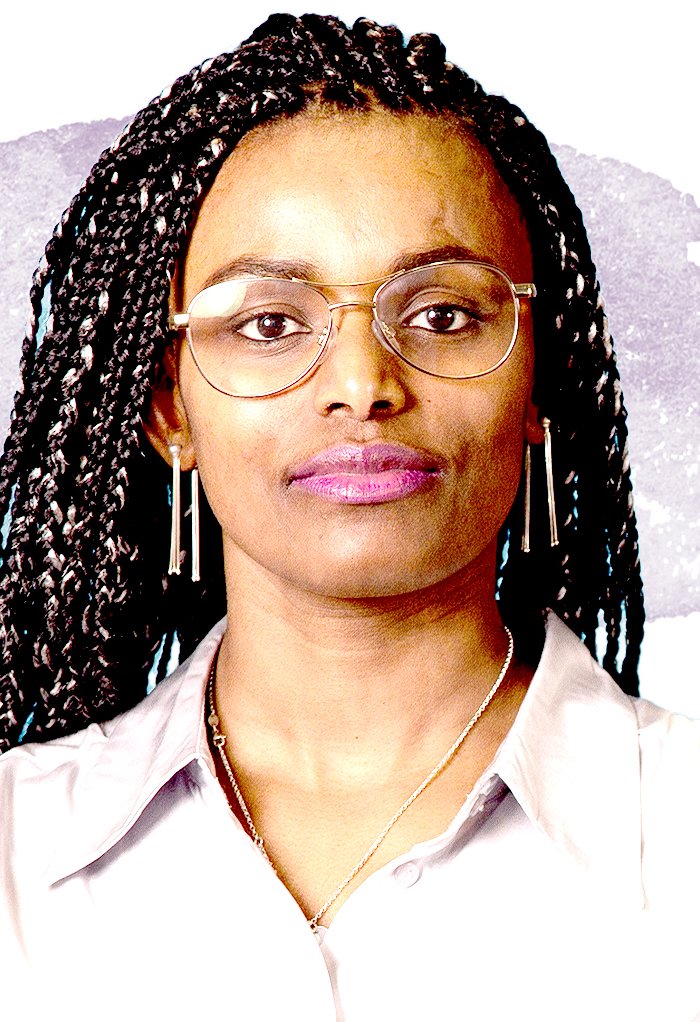Back in 2010, Andrew Ng, then a professor at Stanford University, sent a proposal to Google’s leadership. He argued that Google should train neural networks, a type of AI system inspired by the structure of the brain, on vast amounts of data using large amounts of computational power. Doing so, he suggested, could lead to artificial general intelligence (AGI). That’s a hypothetical future AI system that could match or outperform humans at any cognitive task—and the kind of discussion topic that, a decade ago, might label you a kook. “I was actually quite bullish about AGI, even back then,” Ng says.
More from TIME
Now, as tech companies scramble to rename engineers AGI scientists and experts line up to testify about the dangers of AGI before Congress, Ng is betting against the market again. “I see no reason why we won’t get there someday,” he says. “But someday feels quite far, and I’m very confident that, if the only recipe is scaling up existing transformer networks, I don’t think that will get us there. We still need additional technical breakthroughs.” And while many decorated AI researchers, such as Geoffrey Hinton and Yoshua Bengio, have spoken out about the risks powerful future AI systems might pose, Ng, despite having spoken with both, remains unconvinced.
After Google accepted Ng’s proposal, he founded Google Brain, one of the most innovative and influential teams in the development of AI over the past decade. In 2014, he joined the Chinese tech giant Baidu, where he spent three years as chief scientist, leading the company’s 1,300-person AI Group.
Having laid the foundations for the AI boom, the 47-year-old now spends his time trying to hasten the arrival of the benefits of AI. He does this by educating as many people as possible in the field of AI, through projects such as Coursera and DeepLearning.AI. “As of now,” says Ng, “about 8 million people on the planet—1 in 1,000 people on the planet—have taken an AI class from me … The only way to build [AI applications] out is if we empower a lot of people all around the world to make use of these tools.”
He also does this by building or funding projects that build AI applications, for example through his work as managing general partner at the AI Fund, an AI-focused venture-capital fund. “How do we put the personalized tutor in every child’s pockets?” asks Ng. “How do we help everyone get customized medical services? How do we make sure that every person has good legal advice?”
Correction, Sept. 8
The original version of this story misstated when Ng worked at Google and Baidu. He submitted his proposal to Google in 2010, not 2012, and joined Baidu in 2014.
- Cybersecurity Experts Are Sounding the Alarm on DOGE
- Meet the 2025 Women of the Year
- The Harsh Truth About Disability Inclusion
- Why Do More Young Adults Have Cancer?
- Colman Domingo Leads With Radical Love
- How to Get Better at Doing Things Alone
- Michelle Zauner Stares Down the Darkness





